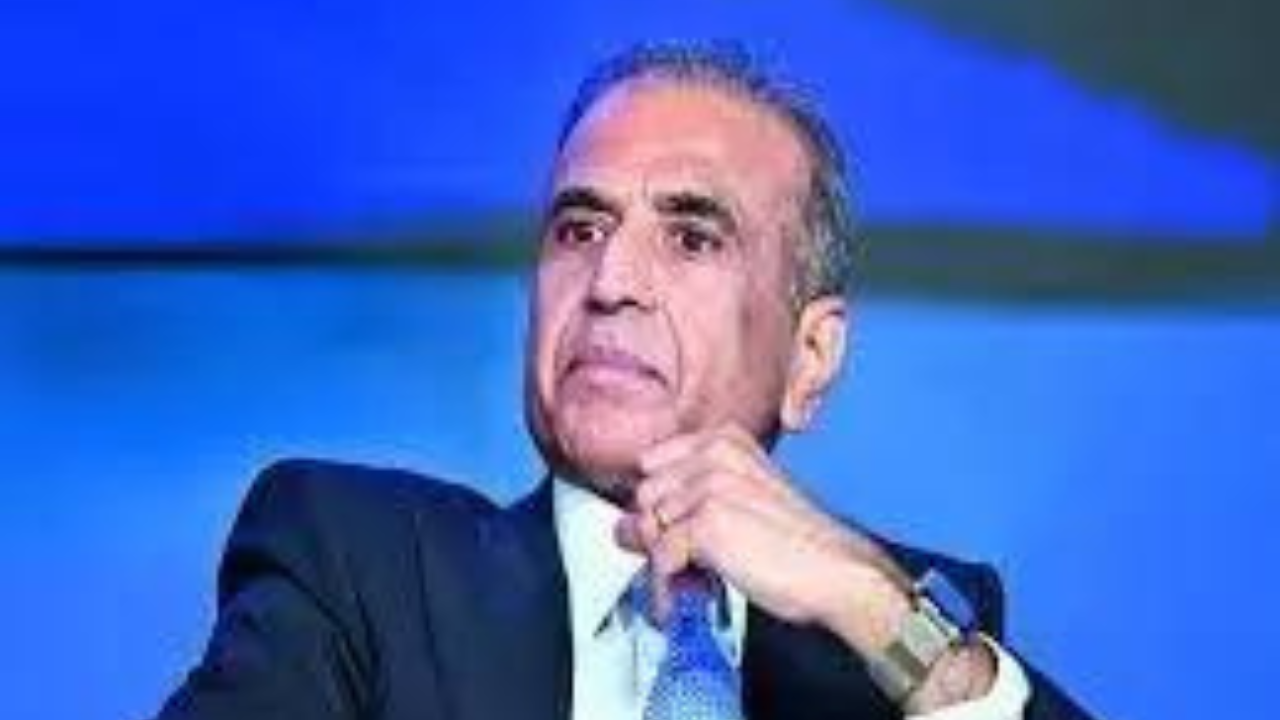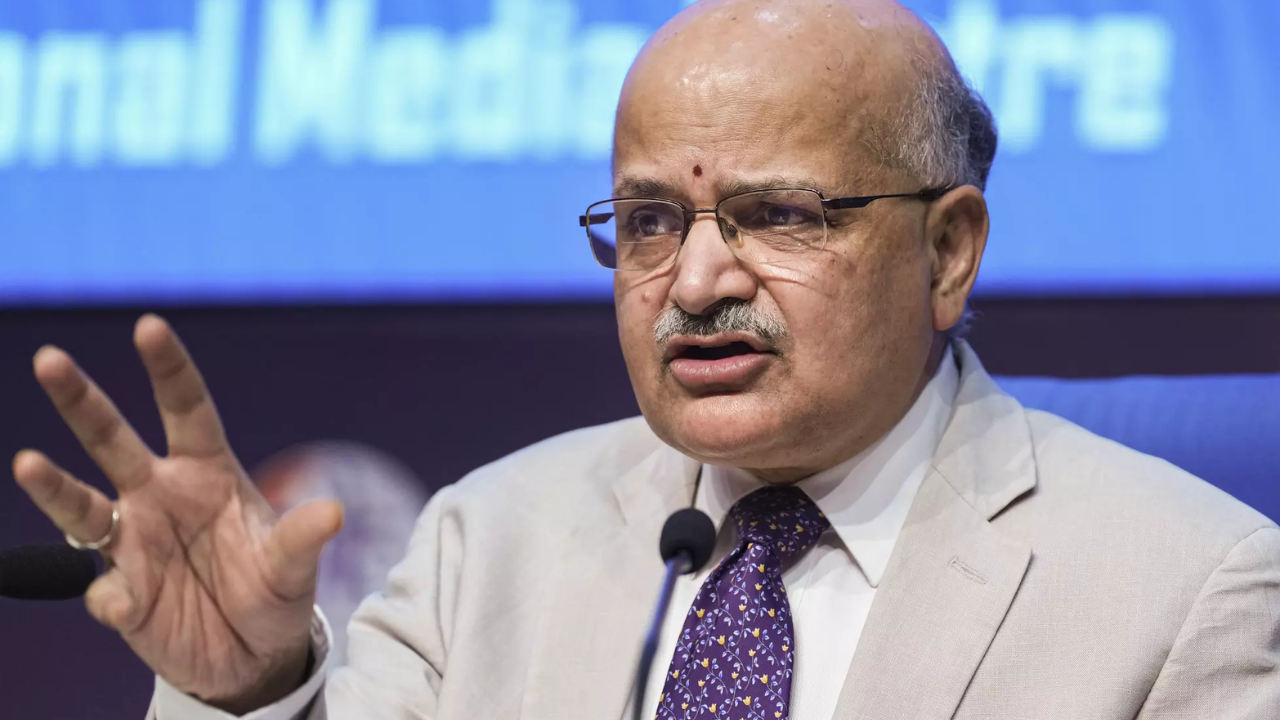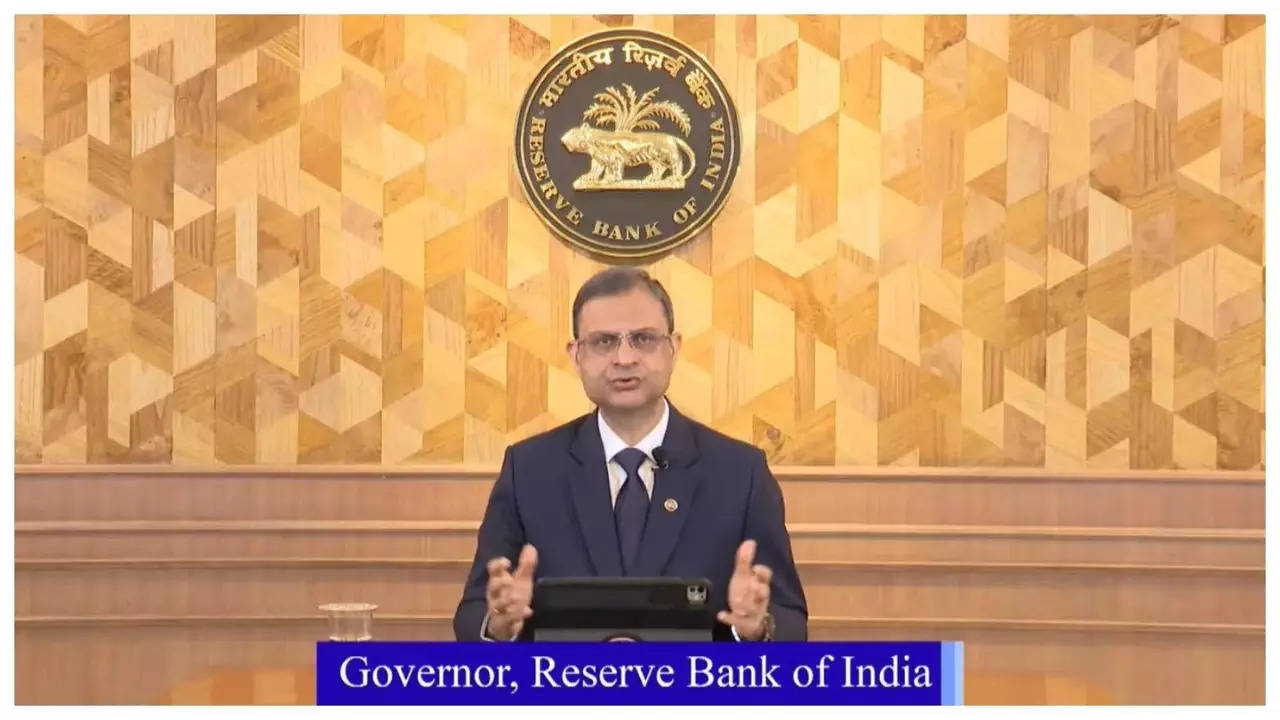Why India must decolonise the rigid naming format required for official documents

Join our WhatsApp Community to receive travel deals, free stays, and special offers!
- Join Now -
Join our WhatsApp Community to receive travel deals, free stays, and special offers!
- Join Now -

In recent years, the government has implemented a series of changes that are aimed at “decolonising” India. As part of its effort, it has changed age-old educational policies with the new ones and has replaced colonial-era laws with legislations that are claimed to be better suited to the country’s needs. However, it has so far ignored one crucial area: the policies related to an individual’s name on official and business documents.
The current policy mandates an almost rigid structure of first name, middle name, and surname. While this system may appear straightforward, it affords a monopoly to a specific naming convention, sidelining numerous other traditions followed by diverse cultures and communities across India. This rigidity not only inconveniences those whose names do not fit this mould but also reinforces a Western perspective on identity and identification.
But in many parts of our country, people do not adhere to the first name-middle name-surname format.
For instance, in Karnataka and Tamil Nadu, it is common to use initials indicating one’s father's name and place of birth, followed by the individual’s name. Another convention includes using the initials of both the father and mother, followed by the individual’s name, as seen in Kerala and other parts of South India.
These conventions...
What's Your Reaction?
 Like
0
Like
0
 Dislike
0
Dislike
0
 Love
0
Love
0
 Funny
0
Funny
0
 Angry
0
Angry
0
 Sad
0
Sad
0
 Wow
0
Wow
0



















































